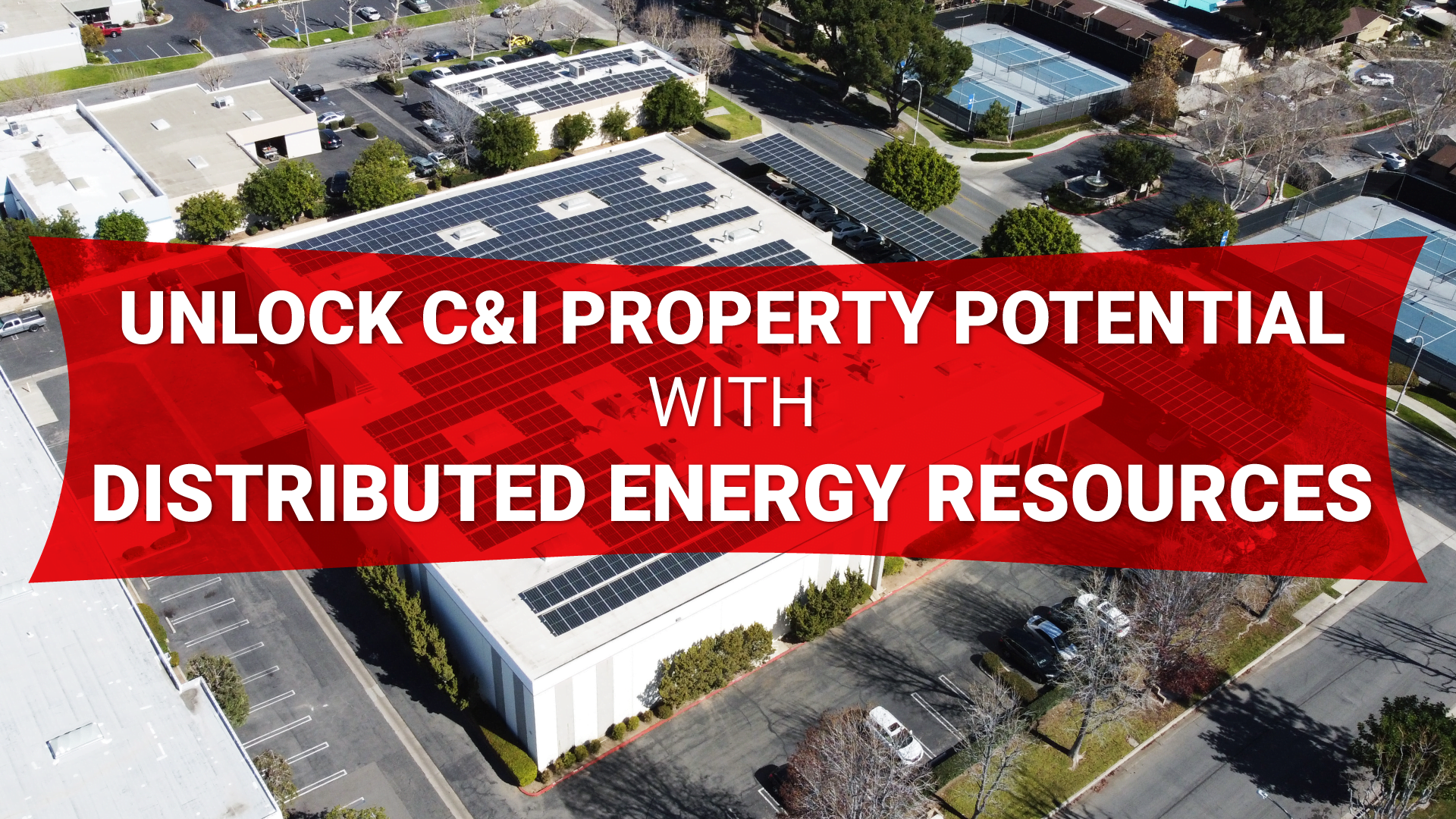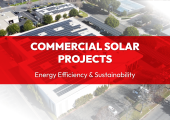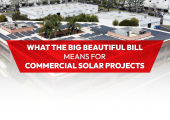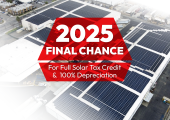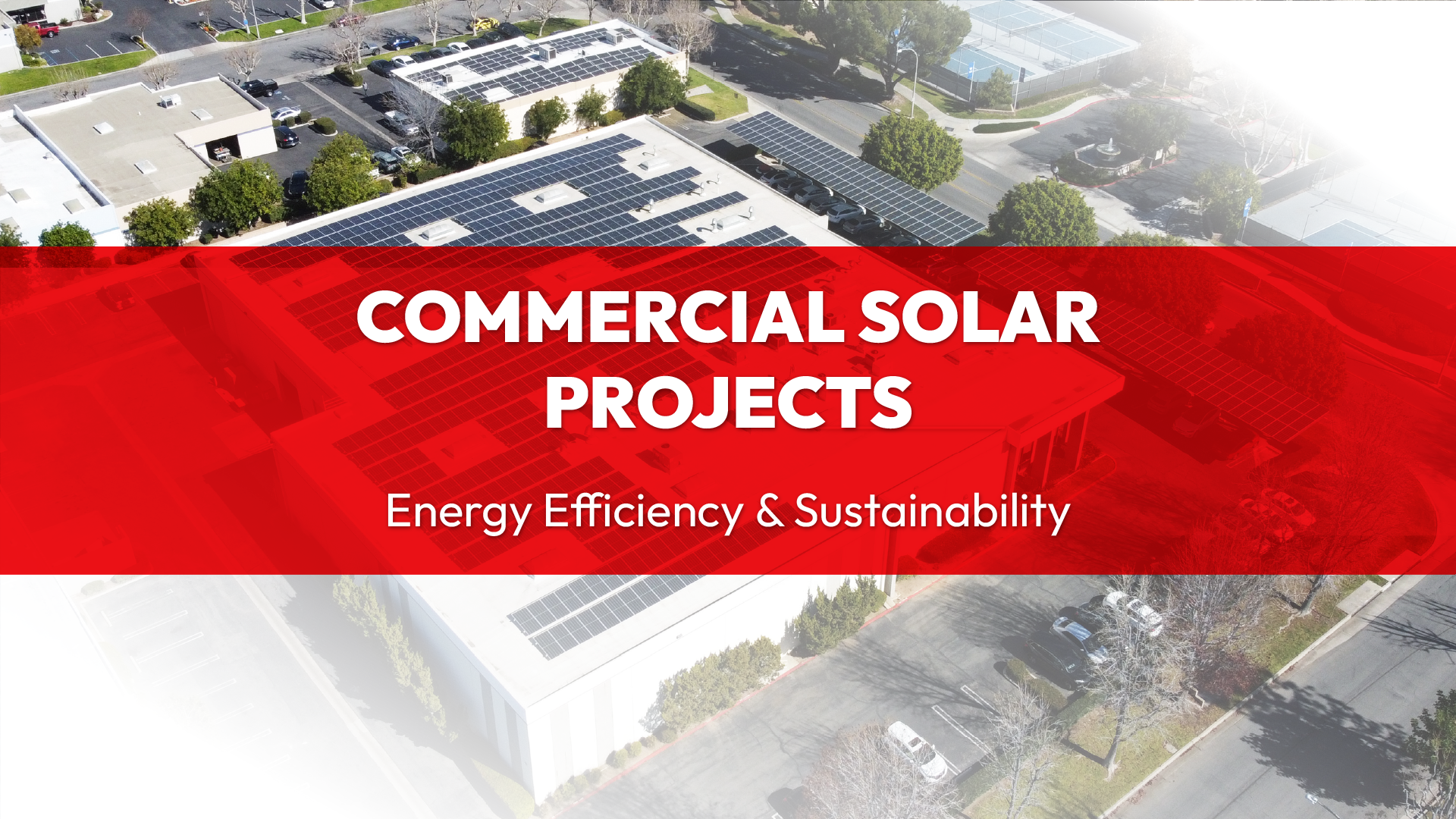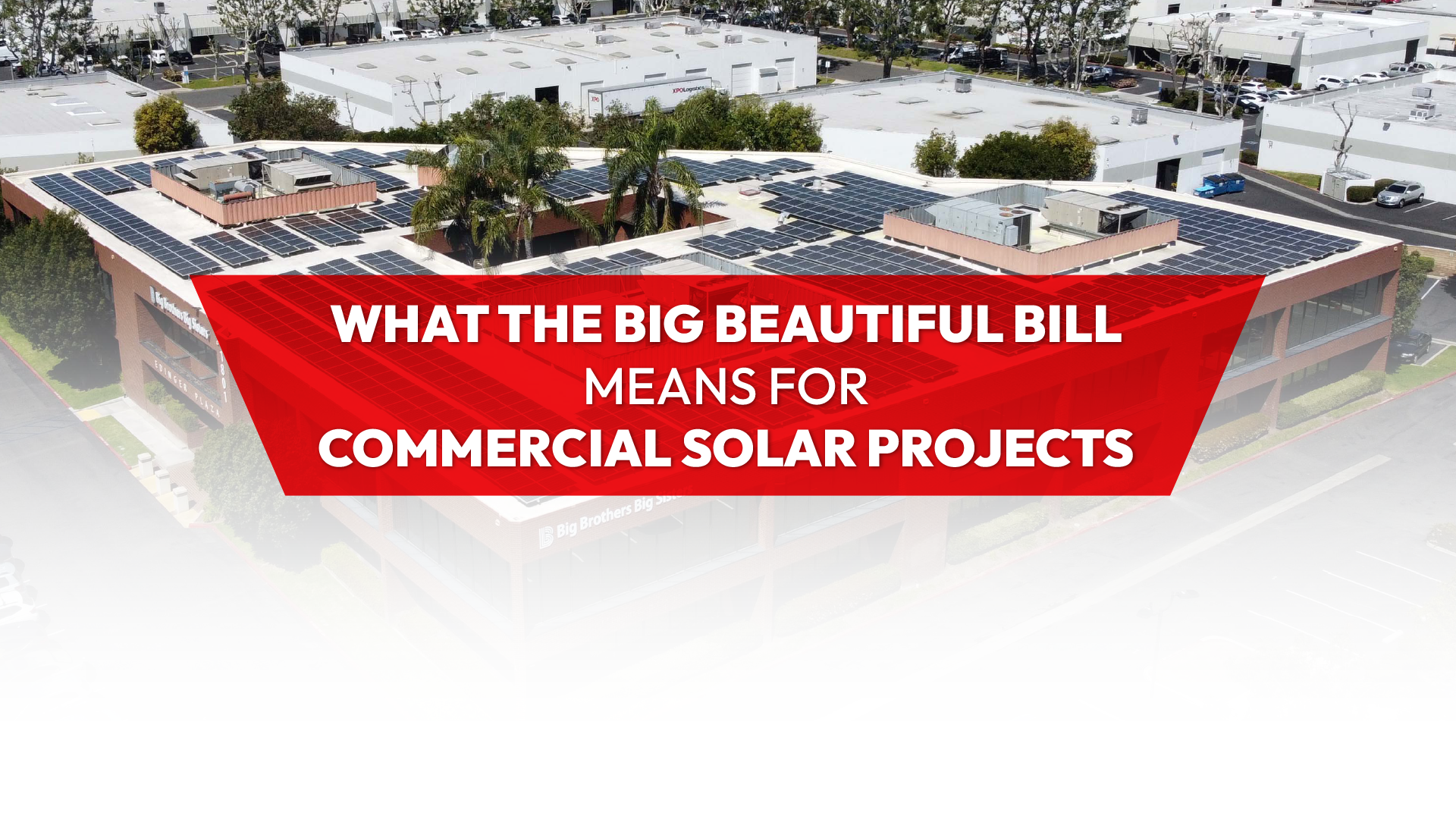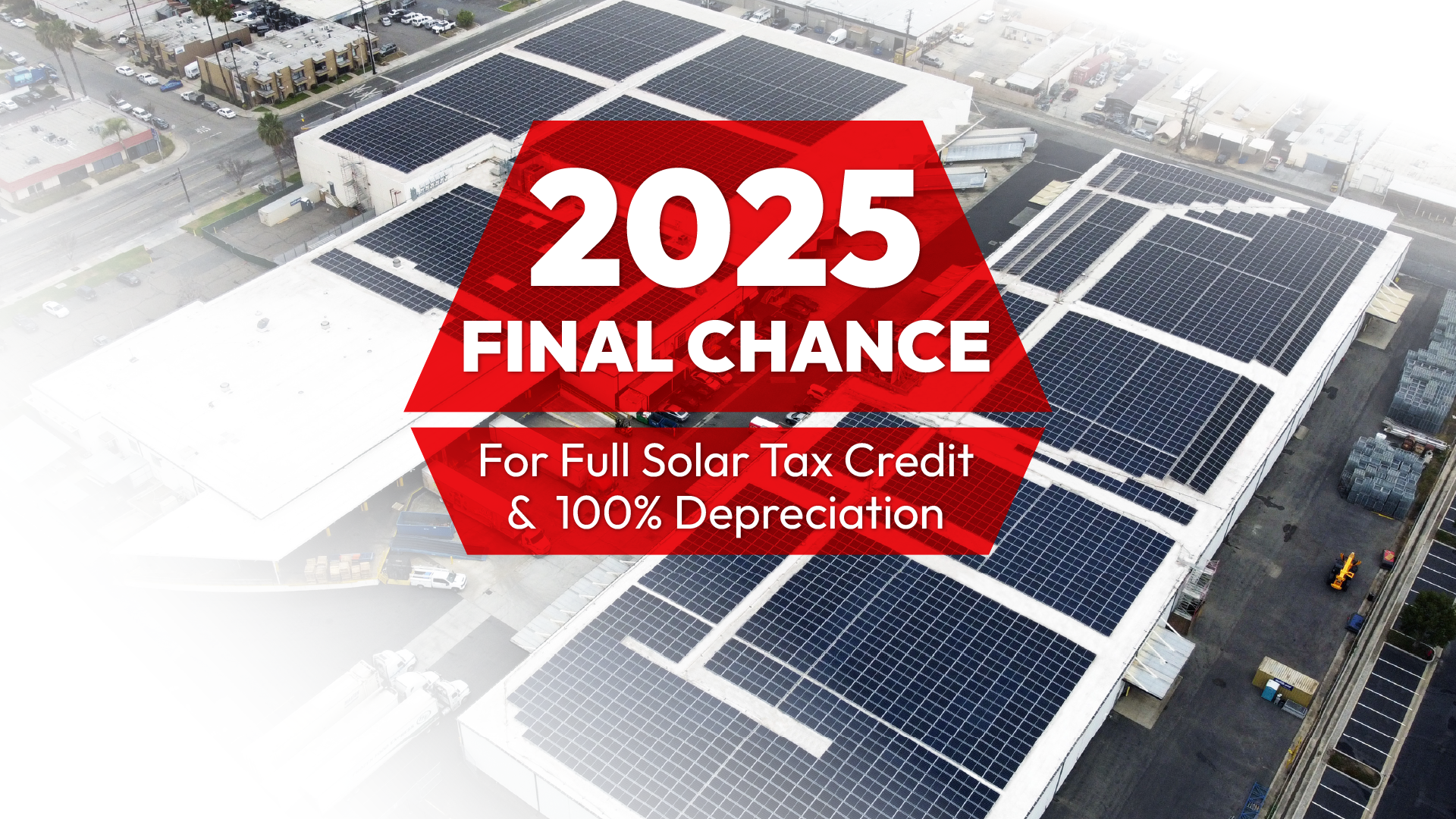How Businesses Unlock Property Potential with Distributed Energy Resources (DER) like C&I Solar
In California, commercial and industrial (C&I) businesses face steadily climbing electricity costs, compelling many to seek sustainable solutions, one increasingly popular solution is leveraging distributed energy resources (DER), including solar photovoltaic modules (PV) and energy storage systems. As businesses invest in these technologies, they not only reduce energy costs but also enhance their property values by making them more sustainable and energy-efficient.
The Economic Case for DER in California
The market for DER is expected to grow substantially, with global revenues for DER projected to rise from $146.4 billion in 2024 to $321.2 billion by 2033. This growth is partly driven by significant government investment and a robust average return on investment (ROI) for these technologies. Particularly in the C&I sector, DER installations, including commercial solar and storage systems, are anticipated to surge due to their compelling economic and environmental returns.
Rising Electricity Costs and the Shift Towards Solar in California
California businesses are increasingly burdened by high electricity rates, which can impede growth and competitiveness. Implementing solar energy solutions not only mitigates these costs but also aligns with broader sustainability goals. Companies using solar and storage systems can significantly cut down their reliance on grid power, especially during peak pricing periods, thus shielding themselves from rate hikes. Click here to learn more about California’s rising electricity costs in 2024.
What is a Distributed Energy Resource (DER)?
A Distributed Energy Resource (DER) is any small-scale unit that generates or stores electricity on-site or close to where it is used, often connected to a local distribution system.
DERs can include solar panels, wind turbines, energy storage systems, and other technologies that help manage energy demand and supply locally.
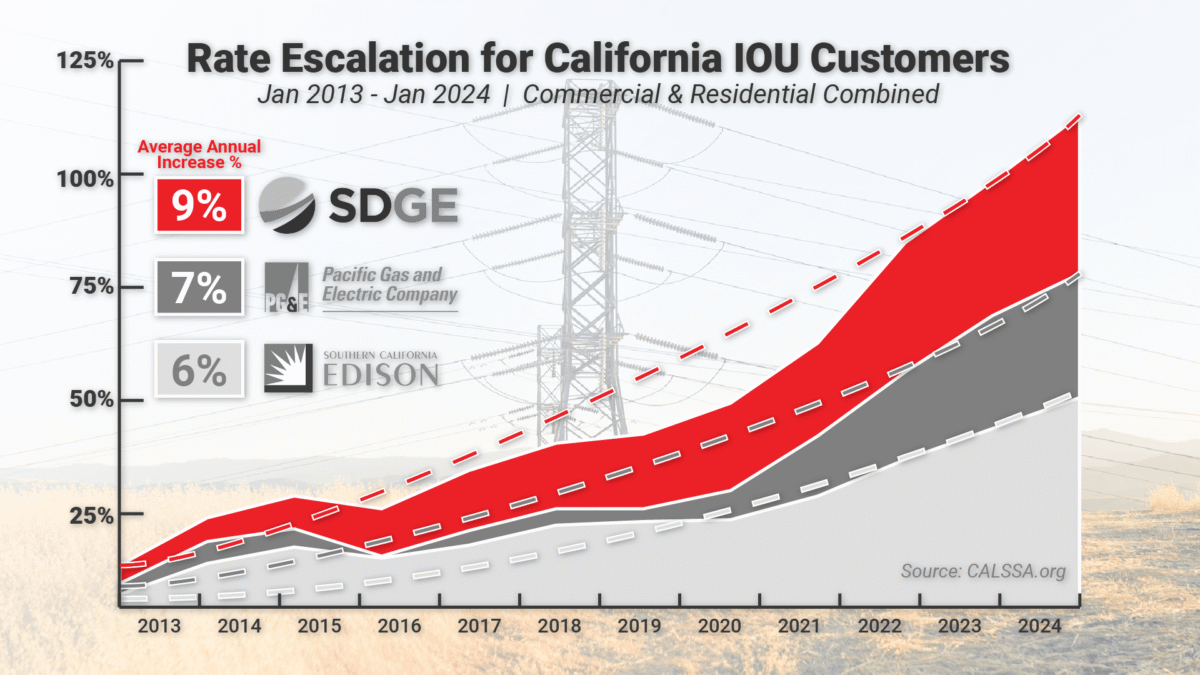
Case Studies of Proven Success
Many California businesses have already seen substantial benefits from adopting DER systems. For example, the integration of large-scale solar plus storage systems has been successfully implemented by various sectors, including healthcare and manufacturing, demonstrating not only cost savings but also increased energy resilience and independence.
See our recent case study here about a metal manufacturer who created significant savings through solar plus storage by shaving costly peak demand charges with self-generation.
Government Incentives and Support for Overcoming Barriers
The expansion of DER technology in California is further supported by government policies aimed at encouraging renewable energy adoption. This governmental backing helps reduce the initial financial hurdle associated with transitioning to solar power, making it a more feasible option for a wider range of businesses.
Despite the advantages, some barriers remain, such as capacity limits of current DER technologies and the need for greater awareness among business operators about the benefits and applicability of these systems. However, with ongoing advancements in technology and increasing governmental and market support, these obstacles are becoming less significant.
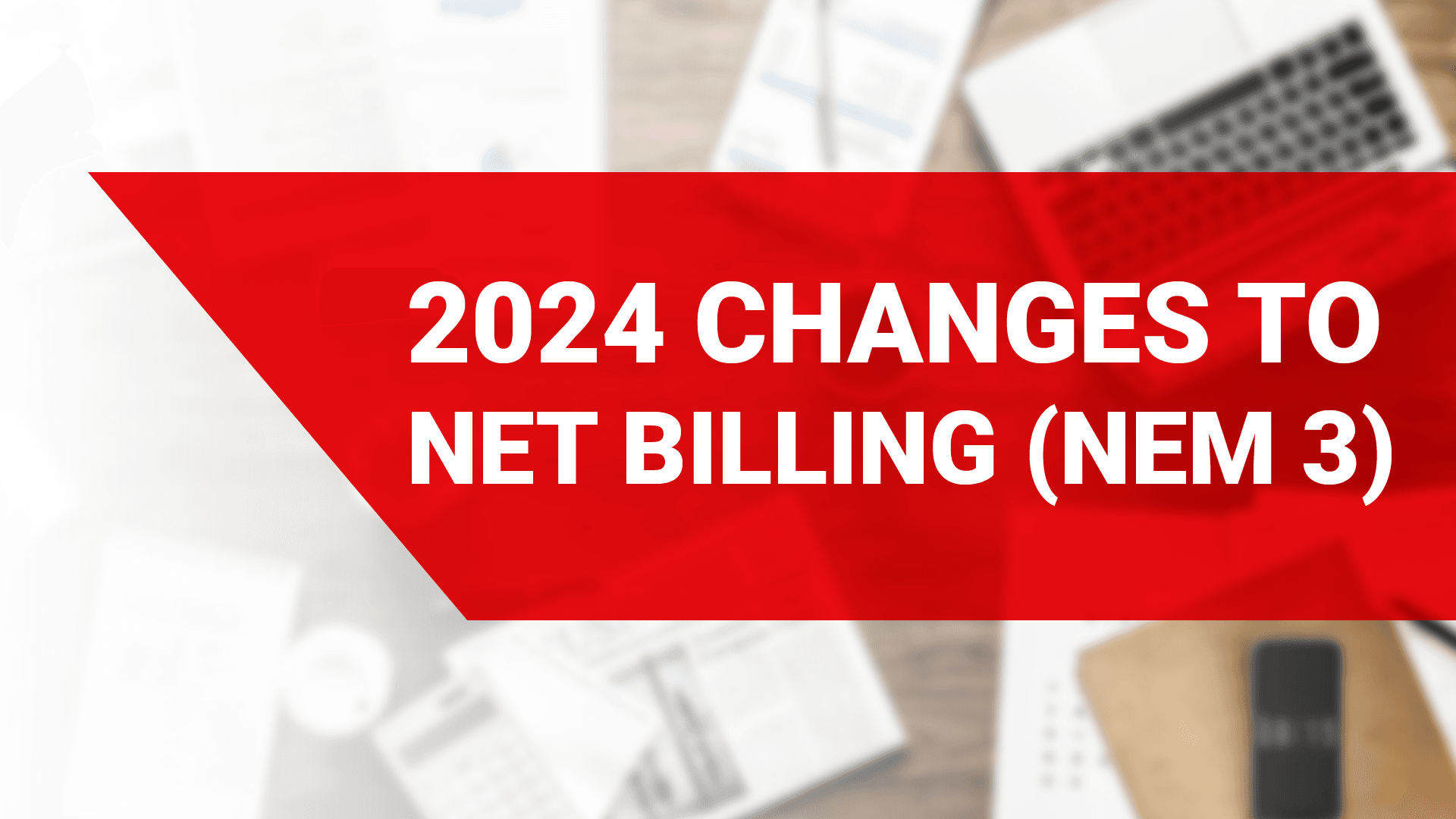
C&I Solar & Energy Storage Distributed Energy Resources for California Businesses
As California continues to experience rising electricity costs, C&I solar and energy storage present practical solutions that not only promise substantial economic benefits but also contribute to the state’s environmental goals. By investing in these systems, businesses can enhance their operational efficiency, reduce energy costs, and promote a more sustainable future.
Businesses looking to unlock the potential of their properties should consider the robust growth forecasts and supportive policies surrounding DER technologies as a clear indicator of the strategic value of investing in solar energy solutions. Contact our expert team today to determine what solutions are available and are the most effective for your business.
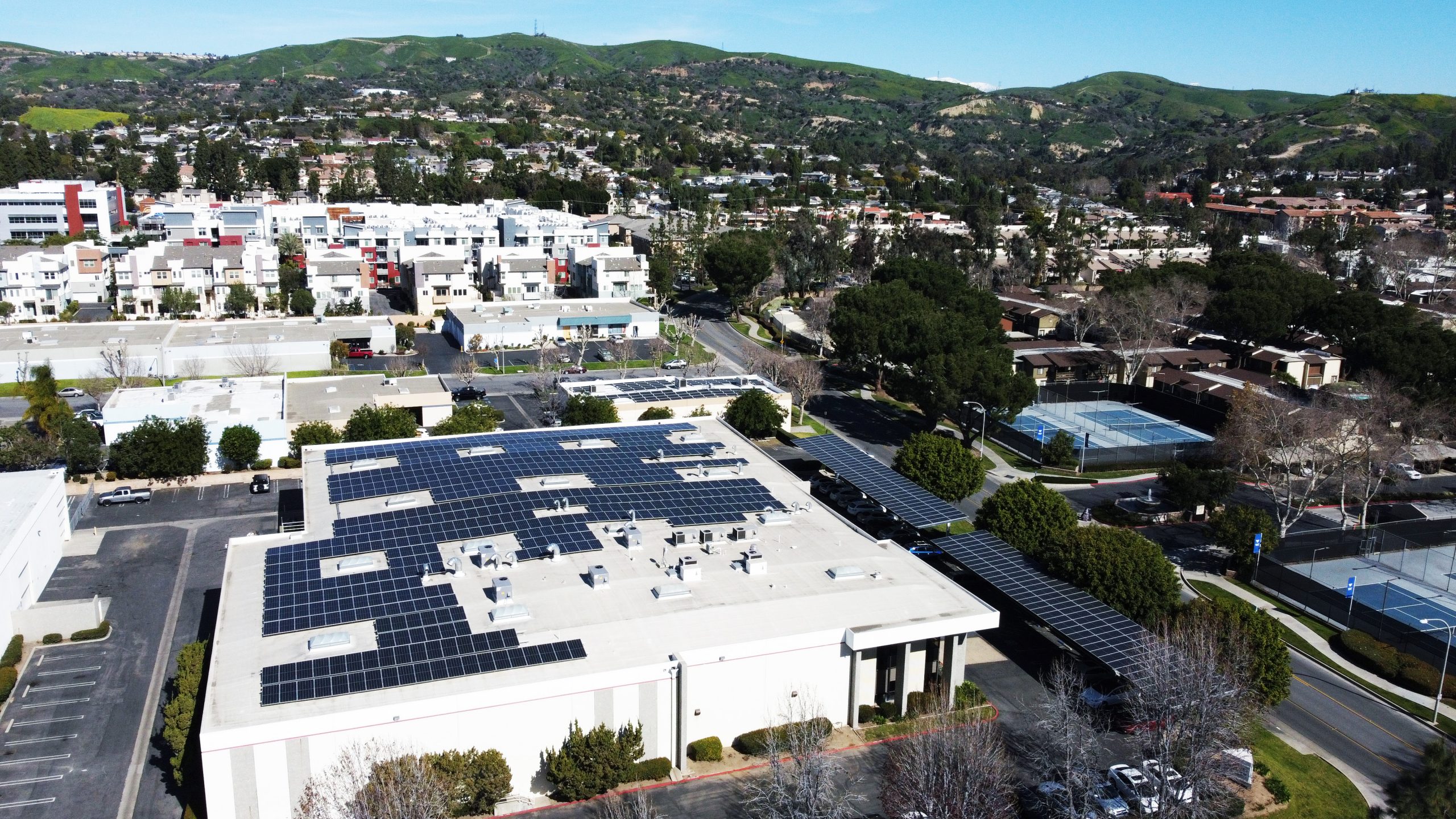
Commercial grade rooftop solar is ideal for: manufacturing, warehousing, logistics, industrial, retail, hospitality buildings and more with over 10,000 sq. ft. rooftops.
CARPORT SOLAR
Free standing carport solar generates added solar power for properties with limited rooftop space. Added benefits include shading and protection for employees vehicles.
Crucial for reducing peak demand charges. Automated to supply electricity when your panels won’t. Energy storage is ideal for businesses that incur significant peak charges.
As the popularity of electric vehicles increase, so does the demand for on-site charging. This sustainable amenity has become a parking lot fixture for competitive employers.
OUR SERVICES
TURNKEY COMMERCIAL GRADE SOLAR, ENERGY STORAGE, LED LIGHTING AND MORE.
PROFESSIONAL GUIDANCE
CUSTOM TAILORED PLANNING
CONSTRUCTION & INSTALLATION
CSLB #1106092
Client Testimonial: Kelemen Company
Corporate Business Park in Irvine, CA has created significant electricity cost savings through commercial solar installed across the 5-building business park.
Client Testimonial: Tice Gardner & Fujimoto LLP
See how this CPA firm saved on electricity and gained valuable tax credits through commercial solar that they used to keep cash in the businesses.

